Theodora Bonwick: suffragette teacher
This is a summary of my entry in the Oxford Dictionary of National Biography. I also write about her in my Deeds not Words
Theodora Ellen Bonwick (1876-1928), educationist and women’s rights activist, trained at Stockwell College and obtained a BA degree from the University of London. She taught in London elementary schools and was headteacher of Enfield Road School for Girls in Hackney before the First World War; in the 1920s she became headteacher of York Way Girls’ School in King’s Cross.
Joining the militant suffrage organisation, the Women’s Social and Political Union (WSPU) in 1905, she became a popular speaker and the secretary of Hornsey WSPU. She actively campaigned for women’s rights in the London Teachers’ Association, especially on equal pay. The NUT paper, The Schoolmaster, declared that her strong speech for equal pay, endorsed at a packed meeting in the Royal Albert Hall in 1913, was ‘undoubtedly the speech of the day’.
Theodora also joined the London-based Women Teachers’ Franchise Union (WTFU) and became its president in 1914. She encouraged the affiliation of teachers’ organizations to the Labour Party when the NUT was conducting a referendum on the question, believing that sex distinction was as invidious as class distinction. She also became a theosophist and joined the central London lodge in 1909. As a member of the Association for Moral and Social Hygiene, she became a strong advocate of sex education in schools gaining the support of parents to teach this as a class subject in her Enfield Road School in Hackney. This was the only school in the London County Council area which undertook such teaching as a class topic. She argued that if young people were given knowledge this would prevent them from being ‘poisoned by ignorance or impurely minded persons’. She argued for ‘self protection’ rather than tighter laws. In the 1920s she developed her interest in in moral education through her work as organizer of the cinema group of the London unit of the National Union of Women Teachers (NUWT). She was the only British representative at the second European film conference in The Hague in 1928 and led a deputation to the Cinematograph Exhibitors’ Association to encourage the making of wholesome and instructive films for children.
Theodora supported progressive ideas in education, opposing a competitive spirit in lessons and sports, and introduced the Dalton plan, a form of independent resource-based learning for older pupils (similar to Montessori’s work with younger children). She opposed the teaching of domestic science to girls, since this encouraged a feeling of inferiority and trained a girl ‘to be a household drudge and to spend herself submissively attending to the needs of the men-folk’ . By the 1920s Theodora, like many other feminists, had left the London Teachers’ Association and joined the NUWT. Her support for equal rights for women was articulated in her trade union, suffrage, and professional activities.




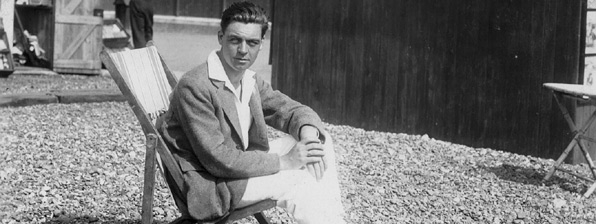






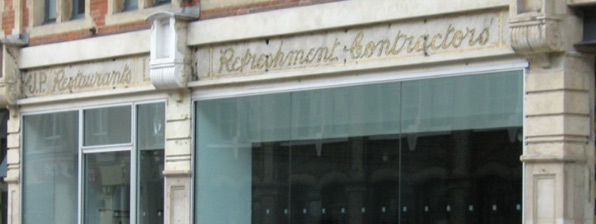
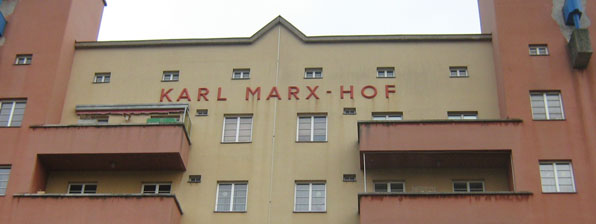


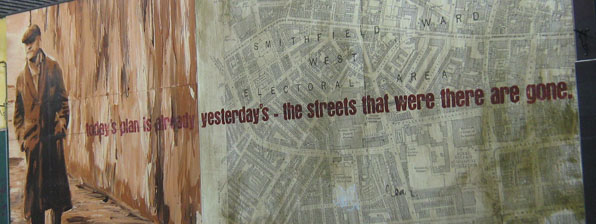
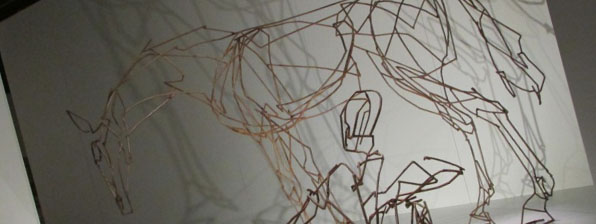





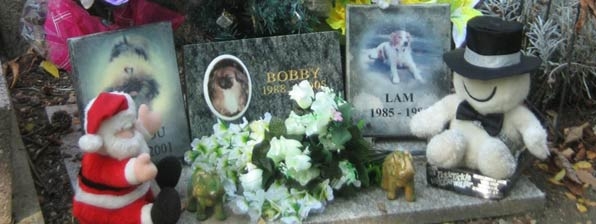



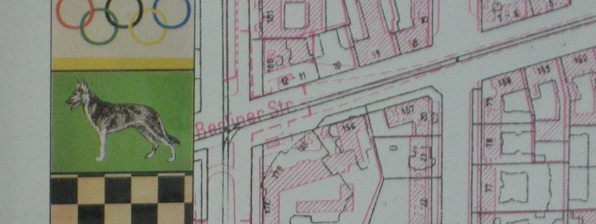


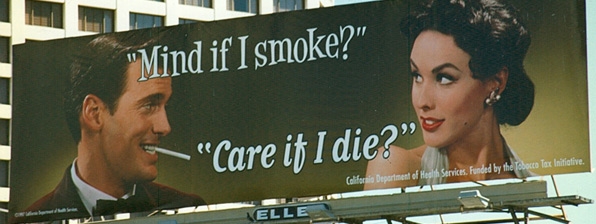



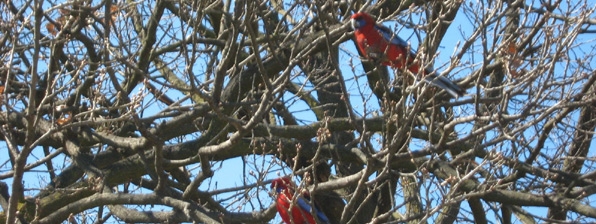
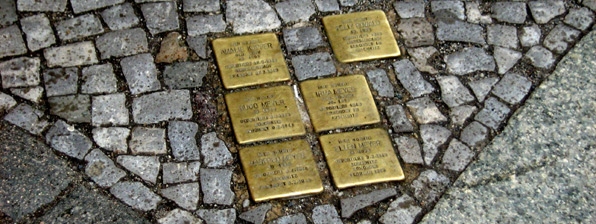
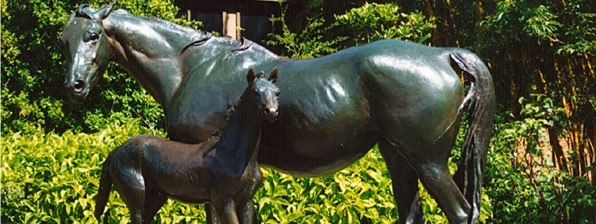


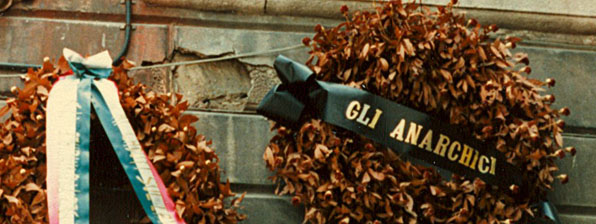
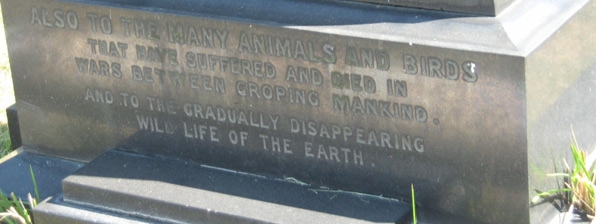




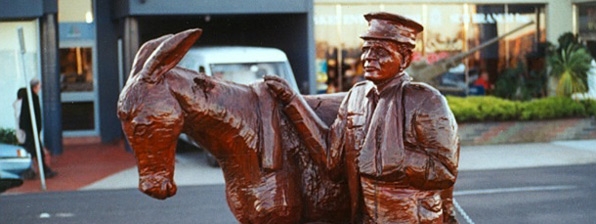





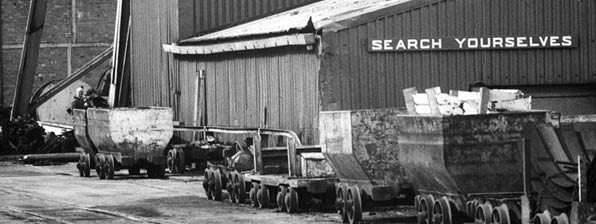


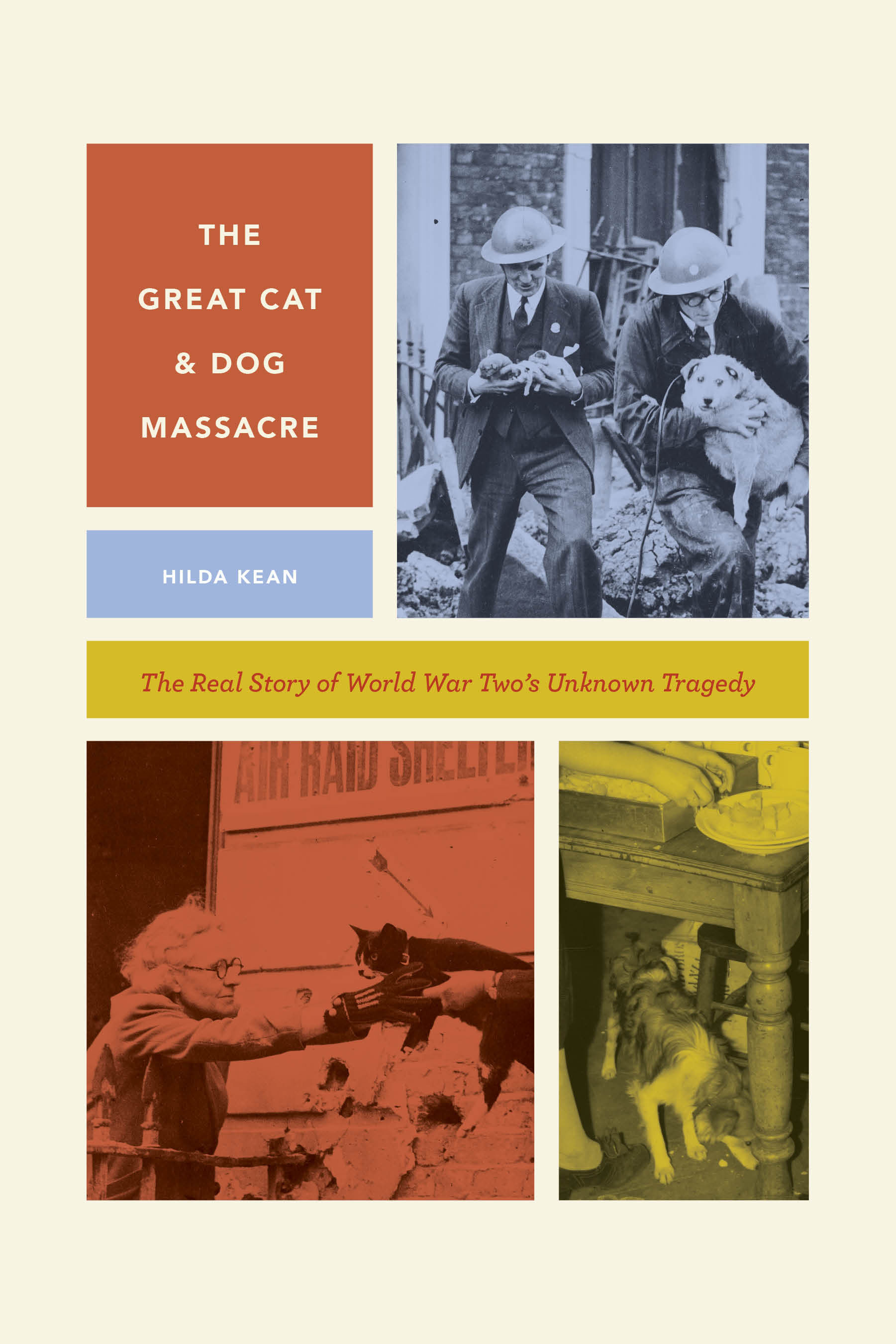
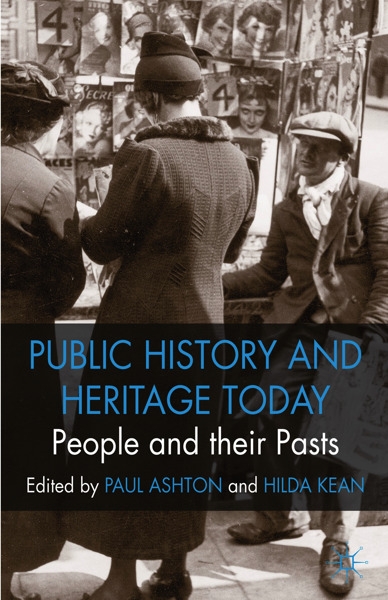

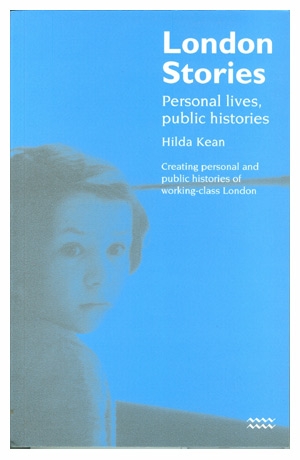

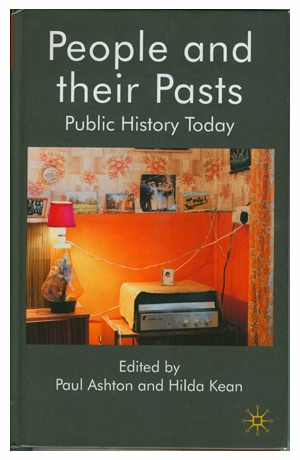
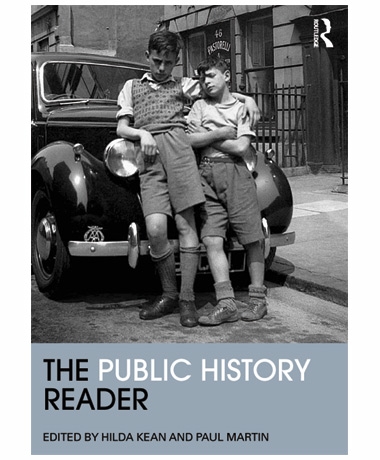




Leave a Reply